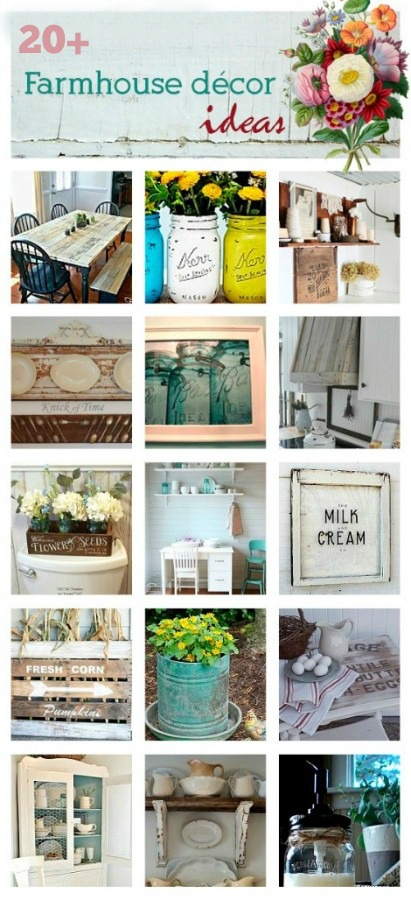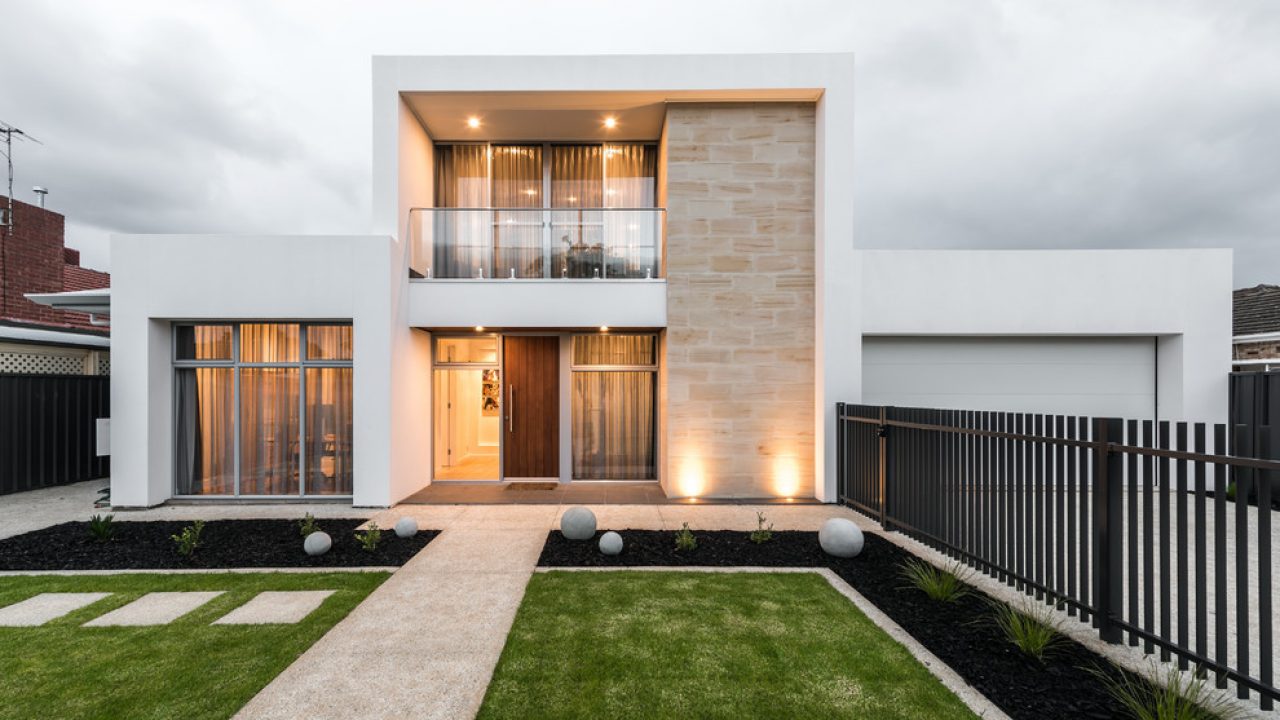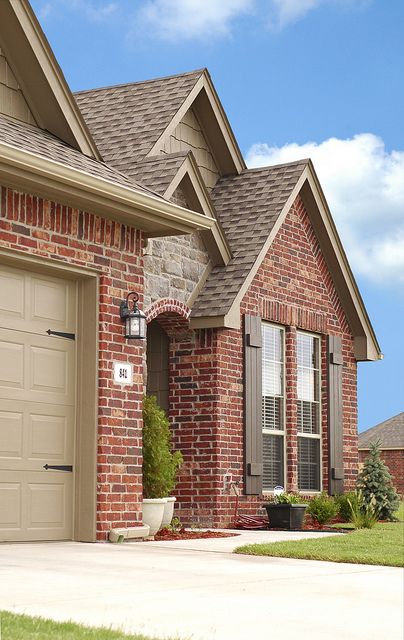
There are many different factors that go into determining the cost of exterior house painting. You should consider the size of your home, what type of paint you use and how many coats. A professional should be hired to complete the task. If you want to keep your costs down, you may be able to do it yourself. But, this will mean that you may have to sacrifice certain other factors.
In order to calculate the amount of paint your home will need, you will first need to measure its perimeter. If your home is a two-story home, you will need to add up the paintable area of the walls on each floor. Then, subtract the doors and windows to get the total paintable area. Next, calculate the labor costs and materials required to complete this project.
An average single-story home can be painted approximately 700 square feet. To paint the entire house it takes six gallons. If the walls have a rough texture, you will need more paint. For smooth surfaces, you will only need to use less.

A high-quality paint is required. A high gloss finish is the best option for trim, windows and doors. It is also the most reflective of the three types of paint. You can expect to pay about $50 to $90 per gallon for this type of paint.
Primer is a necessary component of painting your house. You can choose from oil-based or adhesive primers. The adhesive version costs $15-$60, while the oil-based version costs $20-$50. Primer will cover approximately 325 square feet per gallon.
A paint sprayer will be needed as well. An essential tool for completing a painting project is a ladder. Also, you will need sanding and removing old wood. You may have to remove any rotten wood first before you can prepare the surface. A professional may be needed to ensure lead-free paint in homes built prior to 1978. The US EPA recommends an abatement cost of $8-$15/square foot.
You'll need to purchase a variety of materials depending on what type you choose. Acrylic and latex are the most affordable paints. They dry quickly, are easy-to-clean, and can be dried quickly. You can find the cheapest brands at your local home improvement store. You'll also need a paintbrush, a sprayer, and ladder.

If you're thinking about a bigger project, it is important to include more labor. It takes longer to paint homes that are larger. In addition, you will need to repair any damaged or broken siding. These costs do not count towards the overall exterior painting price.
It is possible to do your own painting, but it can be more expensive than hiring a crew of painters. A professional painter will be able to give you an accurate estimate. Additionally, they will complete your project in a shorter time.
FAQ
How much does it set you back to renovate your house?
Renovations cost typically $5,000 to $50,000. Most homeowners spend between $10,000-$20,000 on renovations.
Which room should I renovate first?
The heart of any home is the kitchen. It is where you spend most time, whether it be cooking, entertaining or relaxing. Start looking for ways that you can make your kitchen functional and more attractive.
It is also an important component of any home. It provides comfort and privacy while you take care of everyday tasks, such as bathing, brushing teeth, shaving, and getting ready for bed. These rooms can be made more functional and attractive by installing storage space, a shower, or replacing older fixtures with newer models.
Is it more cost-effective to hire a subcontractor or a general contractor?
It is more expensive to hire a general contractor than to subcontract. General contractors often have many employees and charge clients high labor costs. A subcontractor on the other side only employs one person, so he/she charges less per-hour.
Is there anything I could do to save on my home renovations?
You can save money by doing most of the work yourself. For example, you could try to cut down on the number of people you use during the renovation process. You might also look for ways to decrease the cost and use of materials in the renovation.
Statistics
- On jumbo loans of more than $636,150, you'll be able to borrow up to 80% of the home's completed value. (kiplinger.com)
- They'll usually lend up to 90% of your home's "as-completed" value, but no more than $424,100 in most locales or $636,150 in high-cost areas. (kiplinger.com)
- ‘The potential added value of a loft conversion, which could create an extra bedroom and ensuite, could be as much as 20 per cent and 15 per cent for a garage conversion.' (realhomes.com)
- Design-builders may ask for a down payment of up to 25% or 33% of the job cost, says the NARI. (kiplinger.com)
- Most lenders will lend you up to 75% or 80% of the appraised value of your home, but some will go higher. (kiplinger.com)
External Links
How To
5 Things to Know Before You Start Your Home Renovation
-
Is this something you really want? - If you're going to start a major home improvement project like renovating your kitchen, bathroom or even building a new house, there's no doubt that you'll need some help along the way. But if you don't feel confident enough to tackle such a large task alone, then you might want to reconsider doing so. You could lose a lot of time and money and not reap any real benefits. Why not get someone who is experienced to assist you? These people will save you time, stress, and provide a beautiful place to live in.
-
What amount should I spend on a renovation project? - This one might seem obvious, but spending too much on a renovation project could actually make matters worse. The reason is because you'll probably find yourself having to pay back most of the costs at the end of the day. Stick to your budget if you have one! Otherwise, you could end up paying a fortune without getting anything in return.
-
Should I hire professional tradespeople or DIY? - There's no right and wrong answer. We recommend hiring professional tradespeople, however, if you're able to afford them. They can give you sound advice about how to proceed with your project. They will install the plumbing correctly, take care of safety, and offer a guarantee after they have finished their work. DIY projects require lots of trial and errors, which can mean you'll have many lessons to learn. Plus, you'll have to deal with all sorts of problems that arise during the process.
-
How much can I afford it? Do not underestimate the costs of a renovation. Even if you believe you can handle it yourself, it might be necessary to borrow money from your family or friends just to cover the costs. When you want to sell your existing property quickly after the renovations are complete, you will need to account for the price of selling it.
-
What is the best place to start? There is no right or wrong place to begin when it comes to starting. We suggest you choose something you like to do. You'll feel more motivated to work and less likely to procrastinate. Avoid areas that require constant maintenance. You shouldn't redecorate your living space if you are constantly cleaning up dirt and dust.